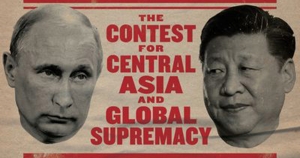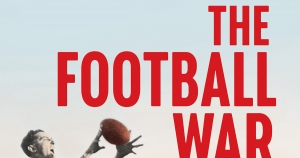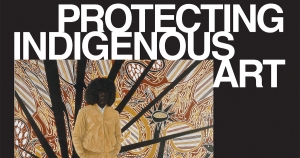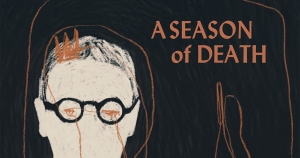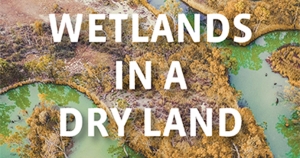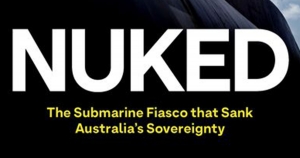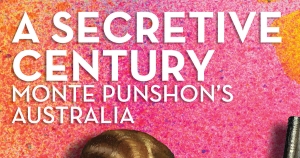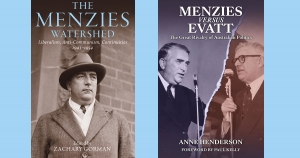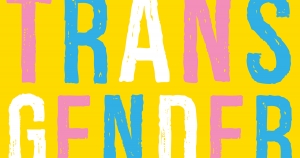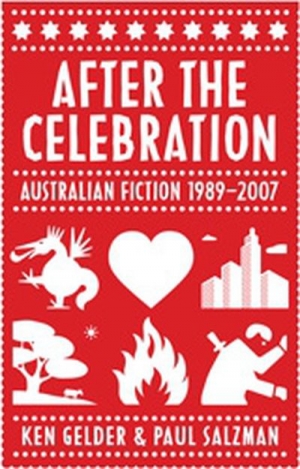Melbourne University Press
Nick Hordern reviews ‘Great Game On: The contest for central Asia and global supremacy’ by Geoff Raby
The title and cover of Great Game On tell us that a struggle is underway between Russia and China for supremacy in Central Asia. But by the time the reader has reached the book’s end, they are persuaded that China has already won and that there is more than just Central Asia at stake.
... (read more)Michael Roberts reviews ‘The Football War: The VFA and VFL’s battle for supremacy’ by Xavier Fowler
Imagine the uproar if Nick Daicos left Collingwood tomorrow, seduced by a huge financial offer from a rival Australian football competition. Imagine if the reigning Brownlow Medallist, Patrick Cripps, followed suit, then Christian Petracca and Charlie Curnow and more. Chaos would ensue.
... (read more)Gabriella Coslovich reviews ‘Protecting Indigenous Art: From T-shirts to the flag’ by Colin Golvan
In this important book, Colin Golvan – a distinguished senior counsel – recounts some of the most notorious cases of copyright abuses endured by Indigenous artists, their work taken without permission, attribution, or adequate compensation and used on objects ranging from souvenir T-shirts to expensive carpets. An intellectual property barrister, Golvan leads us through the intricacies of these cases with lawyerly precision and poise, championing the role of copyright in bringing justice to Indigenous people.
... (read more)Kate McFadyen reviews ‘A Season of Death: A memoir’ by Mark Raphael Baker
Mark Raphael Baker started writing this memoir on his first night in hospital after being diagnosed with pancreatic cancer in 2022. His wife, Kerryn, had died of a rare gastric cancer seven years before. His brother, Johnny, died of oesophageal cancer just two years after Kerryn. He is also reckoning with the death of his elderly father. The emotional intensity of these losses is the foundation of A Season of Death. ‘Three graves in five years,’ Baker writes. ‘While no number of deaths could make me indifferent to what awaits me, watching a sequence of deaths in the family has made me more prepared. I feel as though I have been trained or mentored in the art of dying.’
... (read more)Harrison Croft reviews ‘Wetlands in a Dry Land: More-than-human histories of Australia’s Murray-Darling Basin’ by Emily O’Gorman
The Iranian city of Ramsar, overlooking the Caspian Sea, was the site of a meeting that brought together delegates from around the world at the beginning of 1971. The meeting was held to determine the future global management of the world’s few remaining wetlands, vital habitats for transnational migratory bird species such as Latham’s Snipe (Gallinago hardwickii), which fly annually between Australia and Japan.
... (read more)Marilyn Lake reviews ‘Nuked: The submarine fiasco that sank Australia’s sovereignty’ by Andrew Fowler
Nuked – a compelling but depressing read – is a deeply researched and strangely suspenseful account of the AUKUS agreement struck between Australian Prime Minister Scott Morrison, British Prime Minister Boris Johnson, and United States President Jo Biden and announced in September 2021; a deal that included supplying Australia with a fleet of nuclear-powered submarines at the staggering cost of $368 billion. Nuked should be compulsory reading for all Australian citizens.
... (read more)Susan Sheridan reviews ‘A Secretive Century: Monte Punshon’s Australia’ by Tessa Morris-Suzuki
In 1888, Melbourne hosted a grand Centennial International Exhibition to mark a century of British occupation of the continent. There, a six-year-old girl called Ethel Punshon was excited to see that she had won a prize of two guineas for her needle-work – an embroidered red felt newspaper holder. Almost one hundred years later, as Brisbane prepared to mark the bicentennial with a modern ‘Expo 88’, Ethel – now known as Monte Punshon – was invited to become Expo’s roving ambassador, as perhaps the only person alive who remembered its predecessor.
... (read more)Patrick Mullins reviews ‘The Menzies Watershed: Liberalism, anti-communism, continuities 1943–1954’ edited by Zachary Gorman and ‘Menzies versus Evatt: The great rivalry of Australian politics’ by Anne Henderson
Bernard Cohen’s satirical novel The Antibiography of Robert F. Menzies (2013) begins shortly before the 1996 election with the titular character stepping ‘through a breach in time’ to help his successors win government. But while John Howard’s double-breasted jackets and headland speeches initially soothe this ‘large and benevolent plasmic entity’, the revenant Menzies soon becomes frustrated by the emptiness and the clichés of 1990s politics. He breaks out of the parliamentary corridors to lumber across an Australia he barely recognises, becoming ever more gigantic and spectral – pursued all the way by a writer trying to wrestle him onto the page.
... (read more)Jack Nicholls reviews 'Transgender Australia: A history since 1910' by Noah Riseman
At the first Australian Conference on Transsexualism, convened in 1979, a Dr Michael Ross declared that Australia had the highest incidence of transsexualism in the world. Whatever proportion the good doctor was observing, it must be immeasurably higher today; and yet until now there has been no formal history of gender-diverse Australians.
... (read more)Peter Pierce reviews ‘After the Celebration: Australian Fiction 1989–2007’ by Ken Gelder and Paul Salzman
Twenty years after the publication of their ‘inclusive Australian literary history’, The New Diversity: Australian Fiction 1970–1988, Ken Gelder and Paul Salzman have returned with a ‘sequel’, After the Celebration: Australian Fiction 1989–2007. One leaden title succeeds another, although the tone of the second book is angrier. More of that later. As the authors note in their preface, The New Diversity was published by McPhee Gribble, an independent outfit that would largely be subsumed by Penguin in 1989, the year in which that book appeared. This observation prepares for the consistently impressive aspect of After the Celebration: its detailed, incisive, intelligently informed account of the changes in the circumstances of publishing, and especially fiction publishing, in Australia during the last two decades. One might take counsels of hope or despair from their analysis (particularly if one were a novelist), but still be grateful for it.
... (read more)
